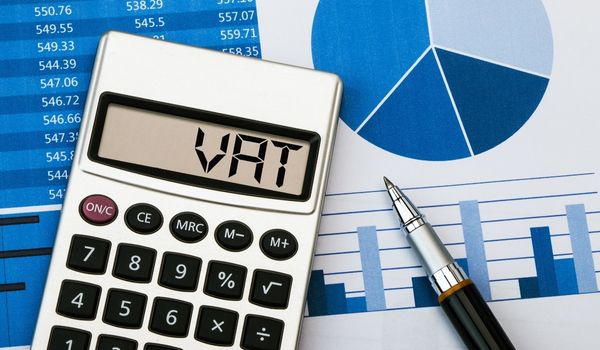If you’re a business owner in the United Arab Emirates (UAE), chances are that you’ve heard of the Value Added Tax (VAT) and how it affects your business. But what exactly is VAT and how do you go about registering for it? In this blog post, we will explore all that you need to know about VAT Registration UAE. We will cover topics such as who needs to register for VAT, the process of registration, and other essential information. By the end of this article, you’ll have a thorough understanding of VAT and how it applies to your business. Read on!
What is VAT?
VAT is a value added tax that is levied on most goods and services in the UAE. The standard rate of VAT is 5% and it is payable on the sale of most goods and services in the UAE. Some items are exempt from VAT, such as food and medication.
VAT registration is required for businesses that supply taxable goods or services in the UAE. To VAT Registration, businesses must have a valid trade license and meet the other requirements set by the Federal Tax Authority (FTA). After registering for VAT, businesses will be issued a Tax Registration Number (TRN) which must be displayed on all invoices.
Businesses must file their VAT returns on a quarterly basis and any taxes owed must be paid within 21 days of the end of the quarter. Late payments will incur penalties.
How to Register for VAT
In the UAE, Value Added Tax (VAT) is implemented on certain goods and services at a rate of 5%.
Businesses registered for VAT must file periodic returns and make payments to the Federal Tax Authority (FTA).
If your taxable turnover is above the mandatory registration threshold of AED 375,000, you must register for VAT. You can voluntarily register for VAT if your taxable turnover is below this threshold.
The FTA offers an online self-registration service for businesses who want to register for VAT. The registration process takes around 15 minutes to complete.
To register for VAT, you will need the following:
- Your trade license or establishment card
- Your Emirates ID
- Your company’s bank account details
- A valid email address
The benefits of registered for VAT
As a business owner in the UAE, you are required to register for Value Added Tax (VAT) if your taxable supplies and imports exceed AED 375,000 per annum.
Once you have registered for VAT, you will be able to charge VAT on the goods and services that you supply to your customers. You will also be able to reclaim any VAT that you have incurred on your business expenses.
The benefits of registering for VAT include:
- Access to input tax credits: As a VAT-registered business, you can claim back the VAT paid on any business expenses that relate to your taxable supplies. This effectively reduces the cost of doing business as you are essentially getting money back from the government.
- Improved cash flow: When you register for VAT, you become eligible for monthly tax returns instead of having to pay all of your taxes in one lump sum at the end of the year. This can help improve your cash flow as it allows you to better manage your finances.
- Increased credibility: When customers see that you are registered for VAT, it gives them confidence that you are a credible and professional business. This can help increase sales and grow your customer base.
The penalties for not registering for VAT
If you are required to register for VAT and do not do so, you may be subject to a fine of AED 10,000. Additionally, if you fail to file your VAT return or make a payment when due, you may be subject to a fine of AED 20,000 or imprisonment for up to 3 months, or both.
How to file a VAT return
If you are registered for VAT in the UAE, you must file a VAT return on a quarterly basis. This return must be filed electronically through the Federal Tax Authority (FTA) portal.
The deadline for filing your VAT return is the 28th of the month following the end of the quarter. For example, if your quarter ends on 31 March, your VAT return must be filed by 28 April. If you fail to file your VAT return on time, you will be subject to late filing penalties.
To file your VAT return, you will need to log in to the FTA portal using your e-services username and password. Once logged in, you will be able to access the online VAT Return form.
The online VAT Return form must be completed in full and submitted electronically by the deadline. You cannot submit a paper copy of your VAT Return.
Once you have submitted your VAT Return, you will receive an automated confirmation email from the FTA. You should keep this confirmation email for your records.
Conclusion
It is clear that VAT registration in the UAE is a complicated process and requires careful attention to detail. However, once you have successfully registered as a taxable person in the UAE, you can enjoy all the benefits of reduced taxation rates and greater freedom when it comes to transactions. We hope this comprehensive guide has provided you with a better understanding of how to register for VAT in the UAE so that you can make informed decisions about your business operations there.


No comments yet